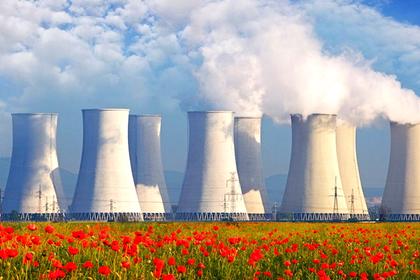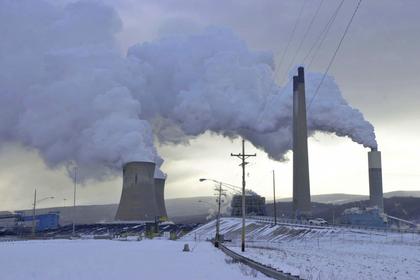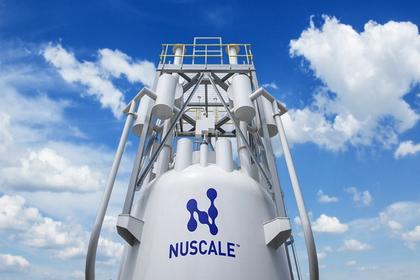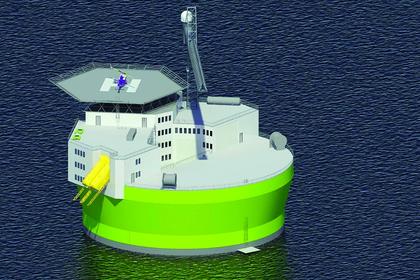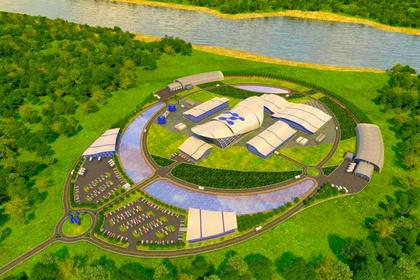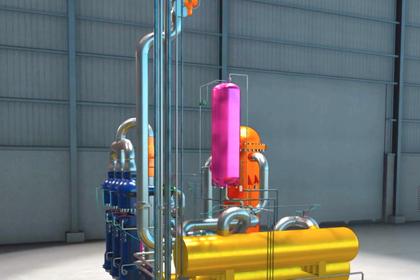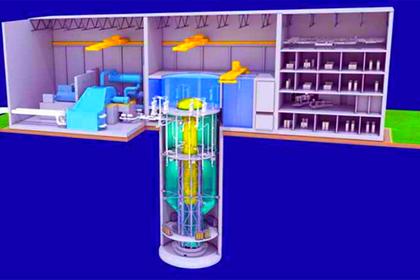
S.KOREAN NUCLEAR FOR POLAND
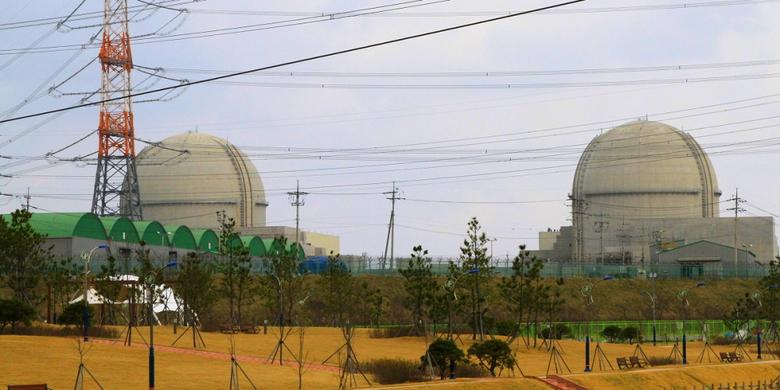
WNN - 31 October 2022 - Poland's Ministry of State Assets, South Korea's Ministry of Trade, Industry and Energy, Polish companies ZE PAK and Polska Grupa Energetyczna (PGE), and Korea Hydro & Nuclear Power (KHNP) have agreed to develop plans for a nuclear power plant in Patnow in Poland.
Poland's Minister of State Assets and Deputy Prime Minister Jacek Sasin and South Korea's Minister of Trade, Industry and Energy Lee Chang-yang also signed a memorandum of understanding "to support the nuclear energy project in Patnow and tighten cooperation in the scope of necessary information exchange".
The agreements came two days after Poland's Prime Minister Mateusz Morawiecki announced that the US firm Westinghouse had been selected for the first part of the country's six-reactor plan to build up to 9 GWe of capacity by 2040. The letter of intent about the Patnow plant says the Korean agreement "is a new project to supplement the existing Polish government-led nuclear power plant plan".
In a letter of intent the three companies agreed to "jointly prepare a plan for the construction of a nuclear power plant based on Korea's APR1400 technology". It added that the companies would "perform geotechnical, seismic, and environmental conditions analysis ... estimate the budget for each stage of pre-work - construction - operation according to the mutually proposed financing model, and define the impact on the implementation of the project and set milestones for the implementation of the project". It suggests a preliminary plan would be drawn up by the end of the year.
Sasin said: "Poland needs an inexpensive and reliable energy source. Nuclear power is essential given the Polish situation, especially given the current geopolitical conditions", adding that it would "make a significant contribution to achieving the strategic goals of low-cost energy supply and energy independence of Poland and the Polish people". He added: "This project will certainly serve as an opportunity to strengthen business cooperation between the two countries."
South Korea's Trade, Industry and Energy minister Lee Chang-Yang said the project reflected the government's export focus, adding that "it opened the door to export of nuclear power plants for the first time in 13 years after winning the UAE Barakah nuclear power plant order in 2009, and confirmed the excellence of the APR1400. In addition, if the final contract is concluded, it will greatly contribute to revitalising the domestic nuclear power plant ecosystem by providing work to the nuclear power plant industry." He added that it would "serve as an opportunity to broaden the level and depth of cooperation between Korea and Poland in the industrial and economic fields" and provided an opportunity for a "mutual win-win".
KHNP President Hwang Joo-Ho said: "Korea Hydro & Nuclear Power is a safe and reliable global energy leader with over 50 years of nuclear power plant construction and 40 years of operation experience. ZE PAK's request for cooperation from Korea Hydro & Nuclear Power is reaffirming Korea's technological prowess and the competitiveness of the Korean nuclear power industry in the global nuclear power plant market. And this project between Korea and Poland will play a role in strengthening the cooperative relationship between the two countries in the future."
Zygmunt Solorz, chairman of ZE PAK, which owns the proposed site, said: "The goal of ZE PAK is to provide cheap and clean energy to the Polish people, and there is no doubt that nuclear power is the source of that energy". He added that "we have the infrastructure, experience and enthusiasm of local engineers to take on new challenges - ZE PAK is an energy company that is gradually moving from a lignite-based energy source to a pollution-free energy source". He added that it would be a "development engine for many potential Polish suppliers, jobs for thousands of people and a transition to highly advanced skills and knowledge".
Wojciech Dąbrowski, president of PGE, the state-owned energy giant, said: "Poland must invest in large-scale nuclear power to replace coal-based conventional energy in the future. Investments in nuclear power are particularly important given the global energy crisis triggered by Russia's invasion of Ukraine and the constraints of the fossil fuel market. As Poland's largest energy company, PGE is leading the energy transition in Poland."
-----
Earlier:
